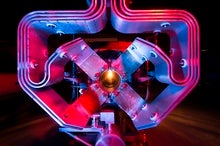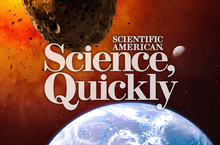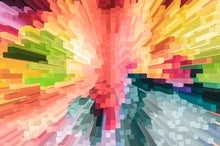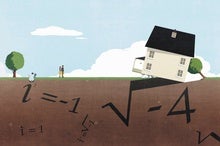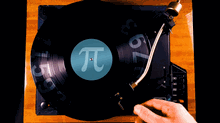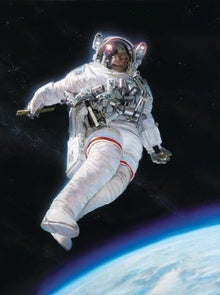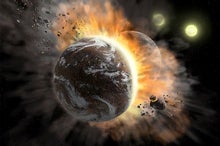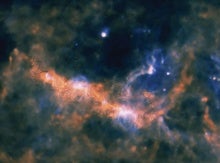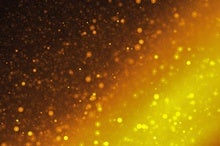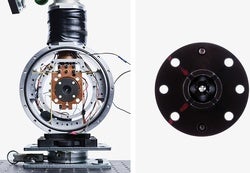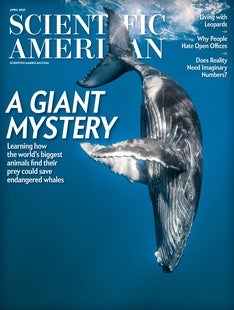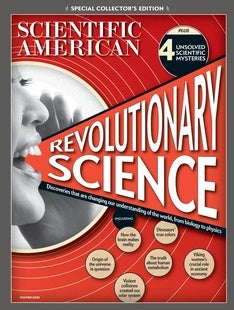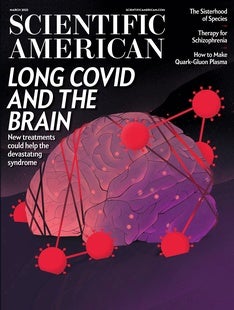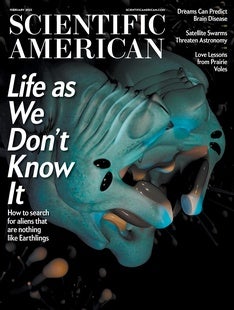 |
| March 16, 2023 |
| |
| | Lee Billings, Senior Editor, Space & Physics | |
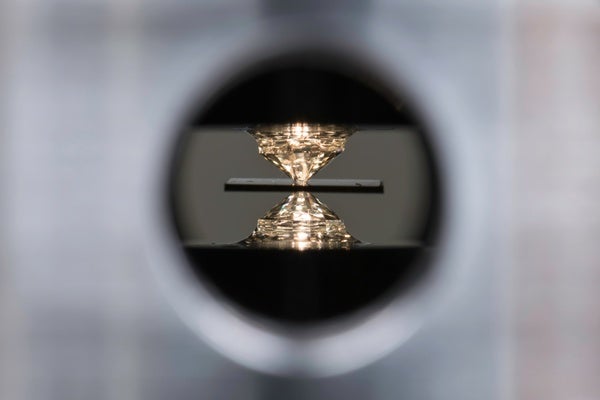 |
| |
| |
| Astronomy How To Stop a (Potentially Killer) Asteroid We slammed a $330-million spaceship the size of a dairy cow into an asteroid the size of the Great Pyramid of Giza. Here’s what we’re learning about how our first step in planetary defense could save us in the future. |  | By Lee Billings,Tulika Bose | 07:53 | | | |
| |
| |
| |
| |
| |
| |
| |
| Artificial Intelligence What the New GPT-4 AI Can Do OpenAI just released an updated version of its text-generating artificial intelligence program. Here’s how GPT-4 improves on its predecessor | | | | |
| |
| |
| |
| |
FROM THE ARCHIVE
 | | | |
LATEST ISSUES
 |
| |
| Questions? Comments?  | |
| Download the Scientific American App |
| |
| |


.jpg)

